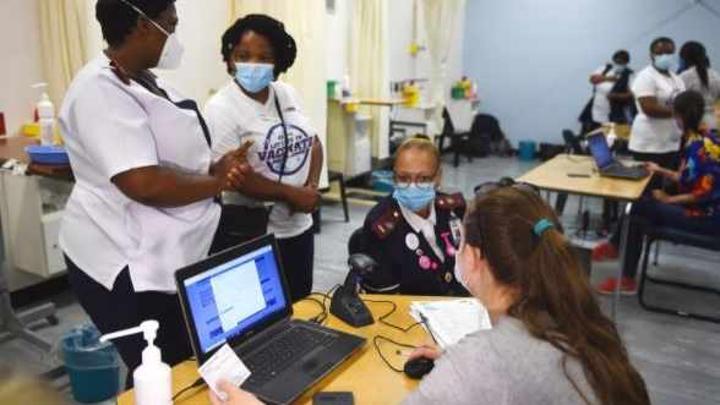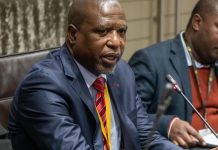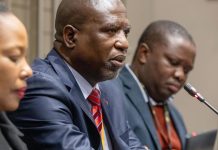Africa-Press – South-Africa. Cape Town – More than 70 000 health workers in South Africa have been vaccinated under the Sisonke Early Access Programme.
In the run-up to the country’s mass vaccination drive, the programme was launched on February 17 to help speed up the plan, while an application for commercial use of the Johnson & Johnson shot is being finalised.
“The vaccine will proceed in the form of an implementation study through a partnership between the SA Medical Research Council and the National Department of Health,” according to a Ministry of Health media statement on February 16.
The study is funded by the South African Medical Research Council (SAMRC) and National Department of Health. The vaccines have been supplied by Johnson & Johnson.
Here is what we know about the Sisonke Early Access Programme.
This is an open label study: that means everyone in this programme will receive a single dose of the Johnson & Johnson Covid-19 vaccine.
The study is divided into 3 parts: 1) Scheduling your visits, 2) Vaccination Period, 3) Follow-Up Period. Participants will be in the programme for two years.
A small subset of healthcare workers only (approximately 10 000) will need to give a nasal or nasopharyngeal swab and a small blood sample before starting – at three months and at six months.
The programme is carried out to see the effectiveness of the J&J Covid vaccine to prevent or reduce the severity of Covid-19 in healthcare workers.
Who can participate in the programme?
Before you can enter the study, you will need to complete a questionnaire about your health to make sure that this study is suitable for you.
Healthcare workers, women who are pregnant or those who intend to get pregnant within three months of entering the trial will be advised to defer.
What happens during and after the programme?
Data will be collected using routine data sources from the National Department of Health by linking your ID/passport number, name and other locator information for up to two years after receiving the vaccination.
In a subset of volunteer healthcare workers, a small sample of blood will be drawn to check for prior Covid-19 exposure at the time of vaccination and at three and six months.
At the end of the study, they may check your medical and laboratory records. A nasal swab for Covid-19 may also be conducted if indicated.
What will happen to the results of the Sisonke study?
A summary of the results will be published when the study is completed. The results will also be published in a medical journal so that other doctors can see them.
Your identity and any personal details will be kept confidential. No named information about you will be published in any report of this program.
Some of your information will be shared with researchers from other countries from across the world.
In his address to the nation, President Cyril Ramaphosa announced that the number of sites that will be available for vaccination will be expanded next week from 17 sites to 49.
“Of the 49 sites, 32 will be at public hospitals and 17 sites in private hospitals. This included sites in rural areas, to improve access to rural health care workers,” he said.
[email protected]






